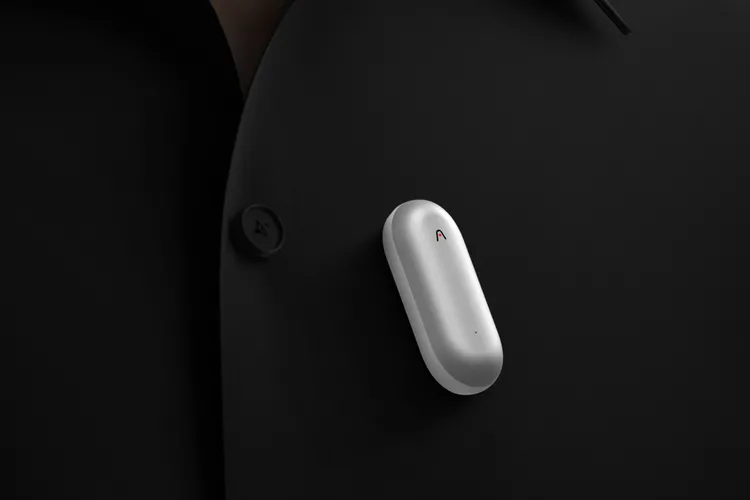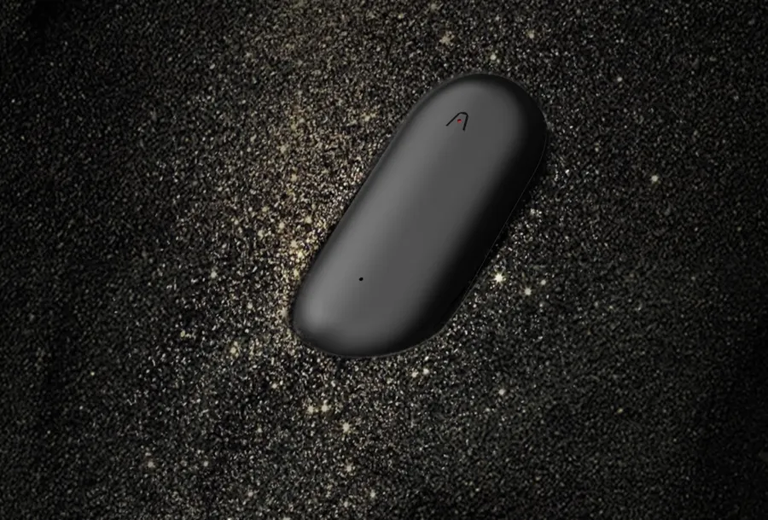Wearables are everywhere now, with manufacturers understanding how technology closer to one's body can somehow improve lifestyles a lot or help one understand themselves better. And with many of these AI devices powered with AI, the possibilities are endless. After much success with their first product, Plaud is now releasing a successor to the Plaud Note with the aim of changing how we process conversations, meetings, and the like—the Plaud NotePin.

The Plaud Note (that became TikTok famous) is widely known for being a small AI note-taking device that you could mount to your phone or simply have around and use to get transcriptions of your conversations and meetings. In addition to the transcriptions, you can get detailed, by-the-seconds bullet point summaries of recordings.
Why it became so famous is for the ability it gives people to pay good attention to conversations and meetings and also have brilliantly written notes without having to do it themselves. Taking notes alongside processing what you're listening can result in less efficient comprehension, so having a note-taking device that actually works truly is a game-changer.
An upgrade to the Plaud Note is the NotePin. A pin you could mount on your shirt, wrist, even turn into a necklace, or put just about anywhere and have it listen in conversations and meetings to provide you with transcriptions, summaries, and more. It's supposed to be convenient yet powerful enough to make sure you don't miss a detail.

The thing about wearables is that they are constrained by form factor, which largely determines their success. You'll find the most successful wearables designed for the wrist or the ears. Now glasses and rings are gaining attention. Pins and necklaces, however, don't seem to do so well.
It's not just about hardware, though. It's more about the software and what it's capable of. The Plaud Note and NotePin are powered by OpenAI's GPT-4o, which largely contributes to the success of the Plaud Note's impressive note-taking abilities.

The NotePin hasn't launched yet. It is priced at $169, which puts it $10 more than its predecessor, the Plaud Note. And it'll offer 300 minutes of transcription per month to free users, while Pro Plan users will get 1,200 minutes (20 hours) of transcription for $79 a year, including speaker labelling and audio importing.
Here's the catch about that for me, however. 20 hours of transcription on the Pro Plan is low, when $169 and $79 would have been spent on the product and service. Understandably, the service can boost one's productivity, but it would be more fulfilling for power users to receive more than just 20 hours per month.
Plaud claims that NotePin would last up to 20 hours on a single charge. It wouldn't just be on and recording, though; users would have to tap on it to activate the recording, which kind of helps with privacy concerns about recording people without their consent.
“NotePin is more than just an AI device,” Plaud co-founder and CEO Nathan Hsu says in a release. “It’s your always-ready business partner, handling mundane, daily tasks so you can concentrate on what truly drives value in your life and career. This small but powerful device is reshaping the professional landscape, allowing users to optimise their day-to-day workflow and focus on what matters most.” TechCrunch
Plaud's NotePin is promising. The question is how well it would be adopted and if it will reach and surpass its predecessor's success, the Plaud Note.

By the way, monitize your content on Hive via InLeo and truly own your account. Create your free account in a few minutes here! Here's a navigation guide.
Image credits: Plaud.AI
Posted Using InLeo Alpha
